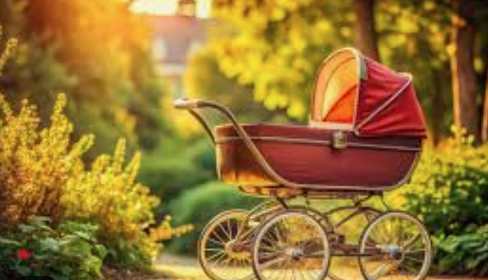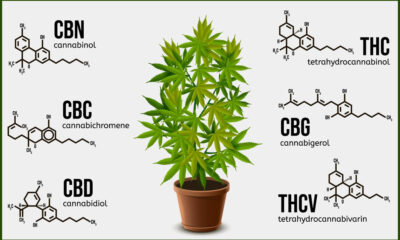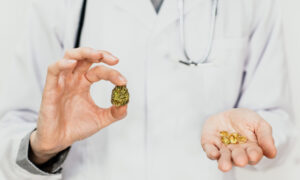The administration has spent very mixed signals…will consumers turn to hemp if marijuana is outlawed again?
He is one of the most globally well known figures and now he has health issue. The Pope resides in Vatican City, the world’s smallest country, and given its unique status , there is no healthcare system, medical centers, or hospitals. All patients must access clinics and hospitals in Rome for care. One of the most ancient cities in the world, Rome has a robust healthcare system. It includes the renowned Policlinico Universitario Gemelli, which is considered one of the largest private university hospitals in Europe and the best in Italy. But it isn’t global known like the Mayo Clinic, Cleveland Clinic, or Toronto General. Thinking outside the box, could medical marijuana help Pope Francis?
As the Pope continues his recovery from pneumonia and mild kidney issues, medical experts are exploring innovative treatments that could potentially aid in his healing process. One such treatment gaining attention is medical marijuana, which has shown promise in addressing various health conditions.
RELATED: Couples Using Cannabis Can Increase Intimacy
Medical marijuana might offer relief for Pope Francis’s respiratory challenges. Certain cannabinoids, particularly CBD, have demonstrated anti-inflammatory properties that could help reduce lung inflammation associated with pneumonia. While smoking cannabis is not recommended for respiratory conditions, alternative delivery methods such as vaporization or edibles could potentially provide therapeutic benefits without irritating the lungs

As the Pope recovers, pain management is likely a key concern. Medical marijuana has shown potential as a pain adjuvant, potentially reducing the need for opioids in patients with chronic conditions. This could be particularly beneficial for elderly patients like Pope Francis, who may be more susceptible to the side effects of traditional pain medications.
Recent studies have explored the relationship between cannabis and kidney function. While more research is needed, some evidence suggests that cannabis does not negatively affect kidney function in healthy individuals. For patients with chronic kidney disease (CKD), careful monitoring and dosage adjustment may be necessary to ensure safe use.
Medical marijuana has been associated with improvements in various symptoms that could enhance the Pope’s quality of life during recovery. These include better sleep, reduced anxiety, and increased appetite. Such benefits could contribute to a more comfortable and efficient healing process.
RELATED: Marijuana Use And Guy’s Member
While the potential benefits of medical marijuana are intriguing, it’s important to approach any treatment the same caution as any elderly patient. A personalized treatment plan, developed in consultation with medical professionals, would be essential to ensure safety and efficacy. As the world watches the Pope’s recovery, the consideration of medical marijuana as a complementary treatment option offers a ray of hope. While more research is needed to fully understand its effects on specific conditions, the potential benefits for pain management, inflammation reduction, and overall well-being make it an intriguing possibility.

 Cannabis News2 years ago
Cannabis News2 years ago
 One-Hit Wonders2 years ago
One-Hit Wonders2 years ago
 Cannabis 1012 years ago
Cannabis 1012 years ago
 drug testing1 year ago
drug testing1 year ago
 Education2 years ago
Education2 years ago
 Cannabis2 years ago
Cannabis2 years ago
 Marijuana Business Daily2 years ago
Marijuana Business Daily2 years ago
 California2 years ago
California2 years ago




























